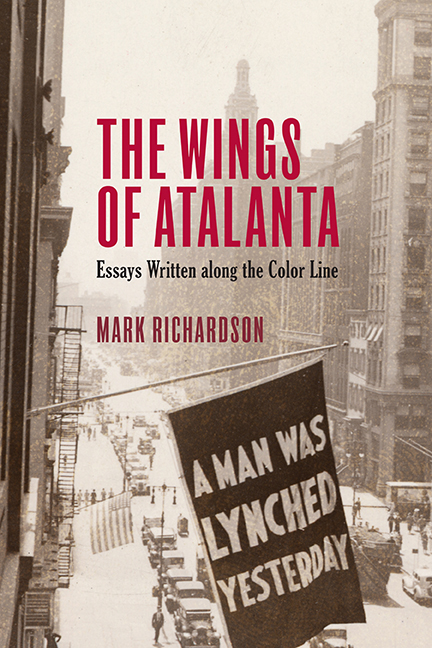Book contents
- Frontmatter
- Dedication
- Contents
- Acknowledgments
- Introduction
- 1 Frederick Douglass and the Philosophy of Slavery
- 2 W. E. B. Du Bois and the Redemption of the Body
- 3 The Mephistophelean Skepticism of Stephen Crane
- 4 Charles Chesnutt: Nowhere to Turn
- 5 Richard Wright: Exile as Native Son
- 6 Peasant Dreams: Reading On the Road
- Conclusion
- Notes
- Bibliography
- Index
5 - Richard Wright: Exile as Native Son
Published online by Cambridge University Press: 26 June 2019
- Frontmatter
- Dedication
- Contents
- Acknowledgments
- Introduction
- 1 Frederick Douglass and the Philosophy of Slavery
- 2 W. E. B. Du Bois and the Redemption of the Body
- 3 The Mephistophelean Skepticism of Stephen Crane
- 4 Charles Chesnutt: Nowhere to Turn
- 5 Richard Wright: Exile as Native Son
- 6 Peasant Dreams: Reading On the Road
- Conclusion
- Notes
- Bibliography
- Index
Summary
I tell you frankly that there is more freedom in one square block of Paris than there is in the entire United States of America.
—Wright, “I Chose Exile” (1951)Words and Weapons
It all began with a fi re: the one Richard Wright himself set when he was four years old. He had wondered, he tells us at the start of his autobiography, Black Boy (American Hunger), “just how the long fluff y white curtains would look if I lit a bunch of straws and held it under them” (5). They looked splendid; it is a wonder no one was killed. As it turned out, the little boy Wright still was at the time came closer to death than anyone, and not from the fi re itself, but from the beating his mother gave him in the aft ermath. “I was lashed so hard and long that I lost consciousness,” he recalls. For years he was “chastened,” as he puts it, when he remembered that his mother “had come close to killing” him (8–9).
At about that time, his father abandoned the family, and Wright, the oldest child, underwent an ordeal of initiation. When some local Memphis boys beat him and stole the money his mother sent with him to market, she simply gave him more money, a heavy stick, and then locked him out of the house: “I am going to teach you this night to stand up and fight for yourself,” she said. And so he went back out, paralyzed with fear: “I was alone upon the dark, hostile streets and gangs were after me. I had the choice of being beaten at home or away from home.” When the gang set upon him, he “let the stick fl y, feeling it crack against a boy's skull,” lashing out again and again. His fury horrified the boys. “They had never seen such frenzy” (18–19). There were many more beatings, but now they only came from Wright's guardians: his mother, his grandmother, his grandfather.
There were mystifying events, too, as when the young boy awoke once to a commotion in the next room: his aunt's lover had stolen money from a woman—Wright never learned exactly who—knocked her unconscious and set her house ablaze.
- Type
- Chapter
- Information
- The Wings of AtalantaEssays Written along the Color Line, pp. 204 - 237Publisher: Boydell & BrewerPrint publication year: 2019

